Keynote Speakers
Friday, August 23 from 9:30-11 a.m.
In-Person Speaker: Chris Edwards
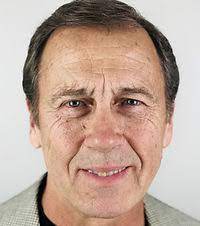
Climate Change Specialist, City of Detroit
Retired TV Meteorologist
Simple, Serious, Solvable - Climate Change as of 2024
This fact-based, easy-to-understand presentation by meteorologist Chris Edwards looked at the scientific issues and impacts of climate change, some localized to Michigan. It explored a range of ideas to address the significant challenges we face and what each of us can do.
Edwards answered many questions like:
- Which Michigan season has warmed the most?
- Why are there more flooding rains?
- Where is climate changing the fastest?
- What are 10 things you can do?
- When did science first predict climate change?
- What does climate change mean for hurricanes? (The answer may surprise you!)
Edwards began his career as a forecaster in the U.S. Air Force. He was one of the first meteorologists with The Weather Channel in Atlanta before moving on to forecast at WISN-TV in Milwaukee and KYW-TV in Philadelphia. He began carefully studying and reporting on "global warming" in 1987. Edwards was the Chief Meteorologist at WJBK-TV/FOX2 Detroit before leaving in 2004 to spend more time with family and start a business teaching weather science. In 2011, he joined WXYZ-TV as a multi-media meteorologist where he worked until December 2018. Edwards has received three Emmy awards for environmental reporting and weathercasting and was recognized by the Michigan Chapter of the National Association of Television Arts and Sciences for Best Weathercast in 1999, 2001, 2002, 2003 and 2004.
As a retired TV meteorologist, Edwards enjoys part-time work teaching communications at the University of Michigan, where he collaborated with Professor Richard Rood to produce a climate change video. He also serves as the Climate Change Specialist for the city of Detroit and regularly gives climate change presentations to a variety of organizations.
According to Edwards, he was “very excited to present to such a large audience of MSU Extension Master Gardener volunteers and having time after his presentation to get to know some of you!”
Saturday, August 24 from 9-10:30 a.m.
Virtual Speaker: Benjamin Vogt
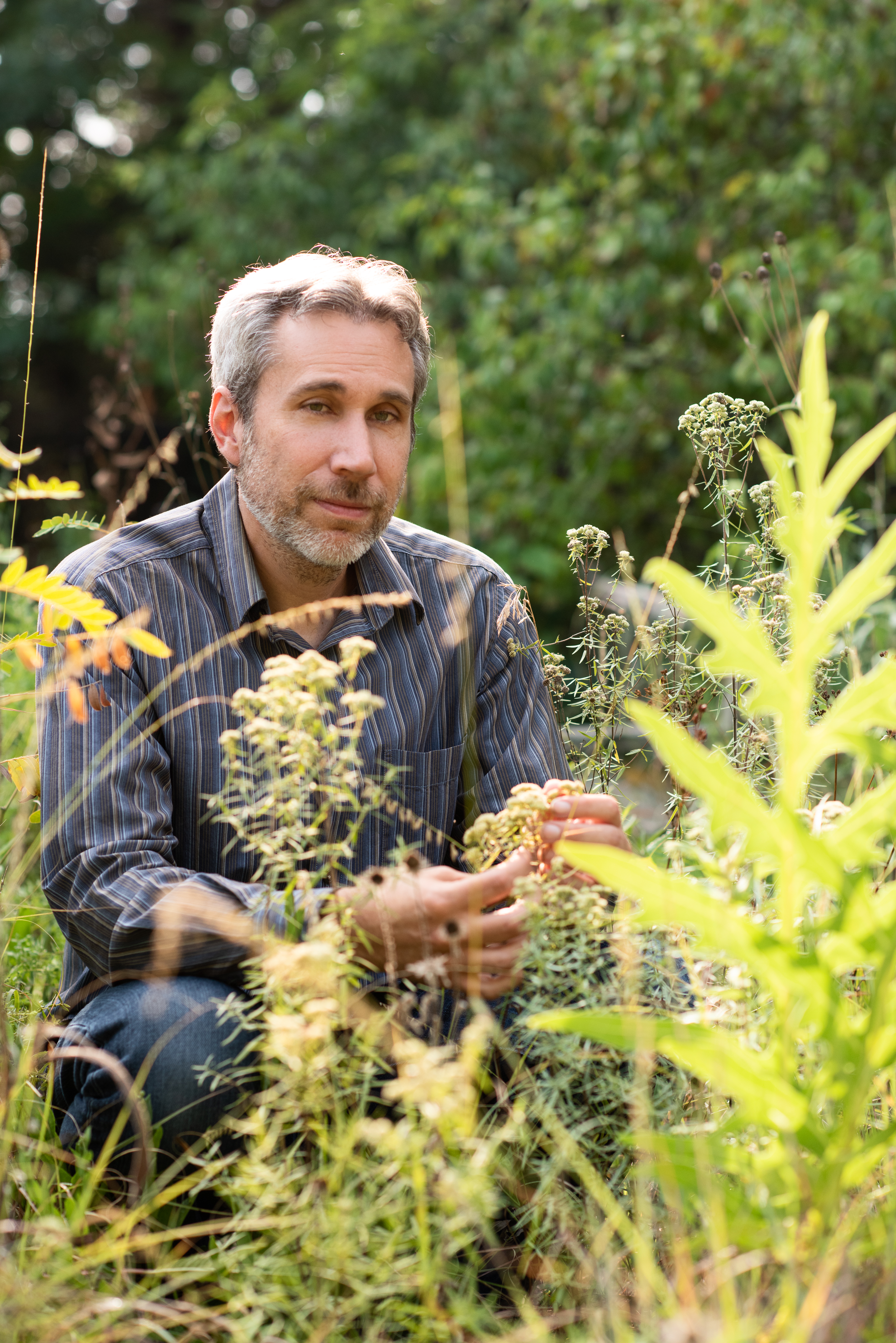
Author of Prairie Up - An Introduction to Native Prairie Design
Owner, Monarch Gardens, LLC
Unlawn America - An Introduction to Creating Urban and Suburban Meadows
If you combine all the individual lawn spaces in the continental United States into one space, it would comprise an area equal in acreage to the state of Georgia. Such a vast patchwork of potential urban natural habitat could make a real difference not only for wildlife but for people. More diversified and natural landscapes can clean and cool the air, reduce flooding, and improve the physical and emotional health of children (vs them just kicking a ball around). Vogt explored how to convert a typical lawn into a designed meadow garden - whether sun or shade - in a way pollinators and neighbors would embrace. He covered how to find plants native to your area, and the design, site prep, installation and management of meadow gardens. Are you ready to unlawn America?
Benjamin Vogt is author of the best-selling book “Prairie Up: An Introduction to Natural Garden Design,” and “A New Garden Ethic: Cultivating Defiant Compassion for an Uncertain Future.” His garden designs have appeared in Dwell, Fine Gardening, Horticulture, Midwest Living, The New York Times, and the Wall Street Journal. Vogt also owns his own design firm called Monarch Gardens and hosts a wide variety of online classes and workshops.
In an effort to reduce his carbon footprint, Vogt made a pledge to travel less and do more virtual presentations; therefore, Benjamin was featured live on a big screen, where he shared his expertise on lawn conversions and answered questions, too!
Saturday, August 24 from 3:30-5 p.m.
In-Person Speakers: David Michener and Shiloh Maples
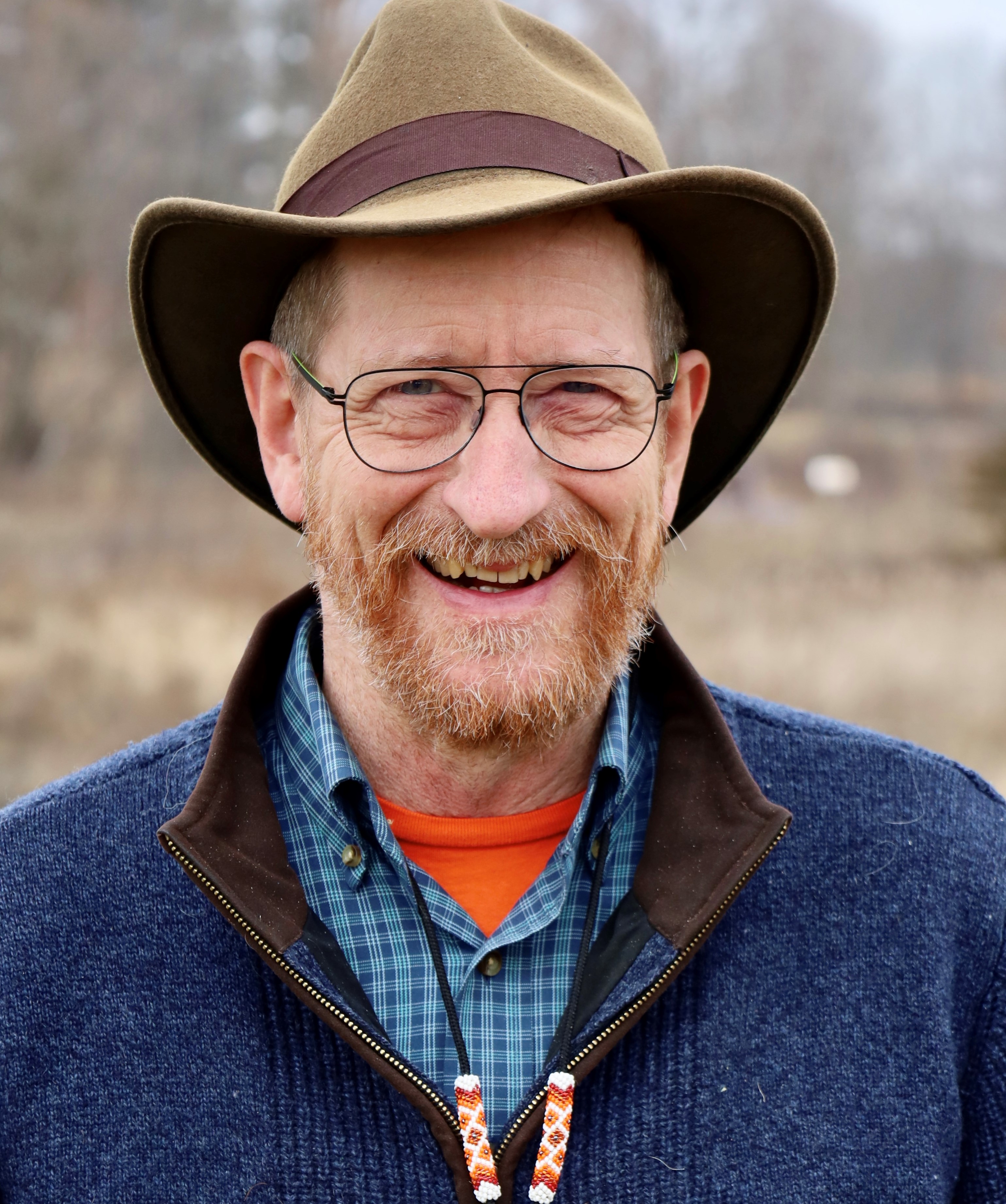
David Michener: Curator, University of Michigan Matthaei Botanical Gardens and
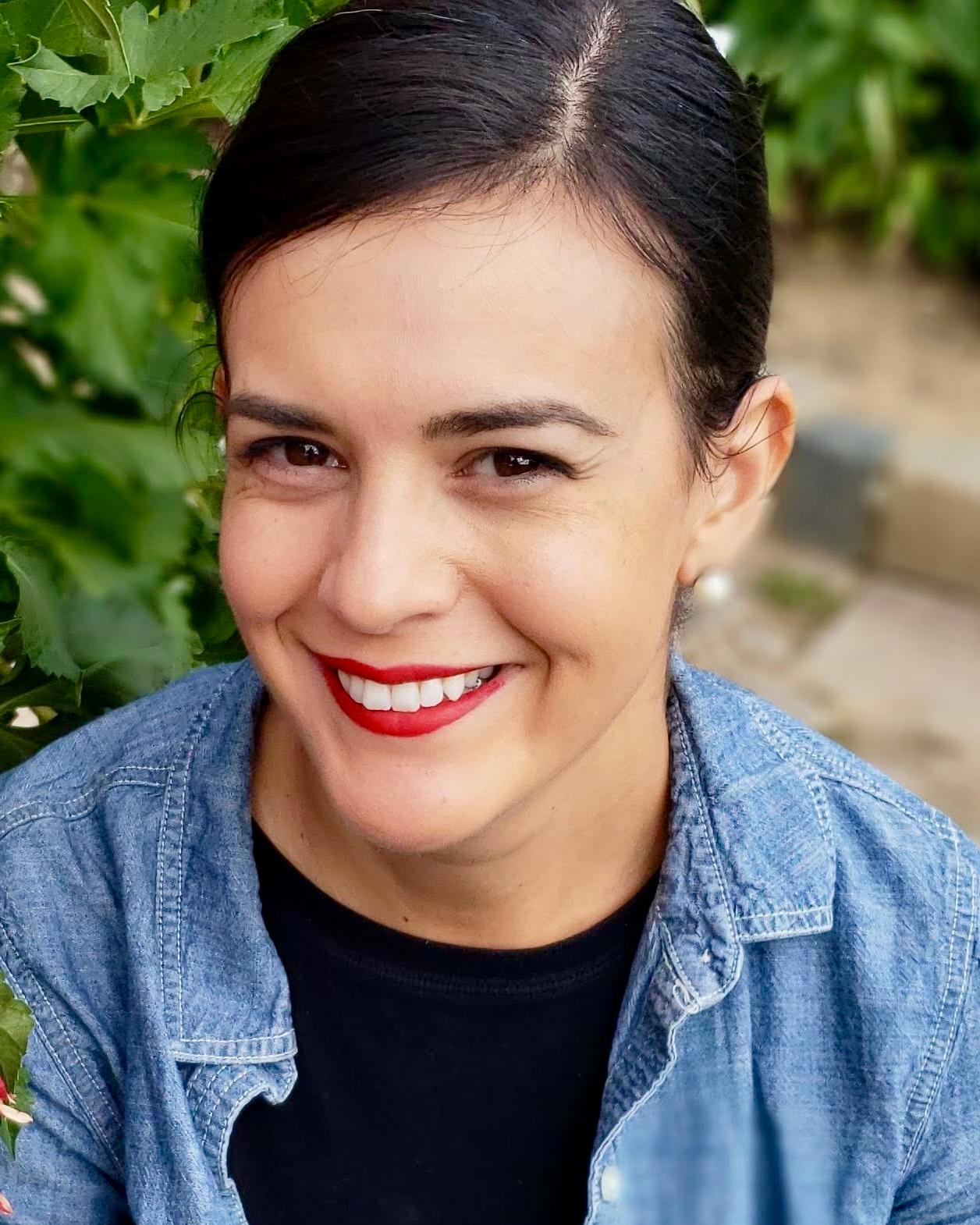
Nichols Arboretum and Midwest Co-Lead, Center for Braiding Indigenous Knowledges and Science, University of Massachusetts
Shiloh Maples: Anishinaabe community organizer, seed keeper, and storyteller
All Our Kin -- Reframing our Respect for Gardens, Living Collections and Landscapes to Become Essential Life Centers
Our gardens, collections and landscapes are the foundations of strong and dynamic place-based relationships. From these intensely beloved places we develop sustainable ways that are resilient in our current times and will later define our future. Long-absent from horticultural and ecological framing of native plant stewardship is the essential knowledge of Native Peoples. Reframing forward - especially with our plant kin – requires us to seek better understanding and willingness to change how our minds view all things “native” so our actions for all kin embody respect, responsibility, and - yes - joy.
Dr. David Michener is a curator at the University of Michigan Matthaei Botanical Gardens and Nichols Arboretum, and Mentor Faculty in UM’s Public Engagement Faculty Fellowship Program. In the fall of 2023, Dr Michener and Jennifer Gauthier (College of the Menominee Nation) became the Midwest co-leads on an exciting new initiative with the International Center for Braiding Indigenous Knowledges and Science, (based at University of Massachusetts) as a result of a $30,000,000 NSF-funded research grant. Since his undergraduate years at the University of North Carolina in the 1970s working in native plant gardens, Dr. Michener has been quietly and intentionally working to reframe native plants and communities in a way that can build better awareness of and increase engagement in Tribal sovereignty and sustainability. As he says, “Who cares more about native plants and their ecosystem health than the environmental, cultural, and spiritual leaders of Native Nations?” Dr. Michener’s driving passion is to support biodiversity - from genes to culturally embedded knowledge. During his 33 years as a curator at the University of Michigan, he’s become internationally known for his work on historic peonies. He is coauthor with Carol Adelman of Peonies, The Best Varieties for your Garden (2017) which made the NY Times Best Summer Reading List. He remains active in peony research with colleagues from the Central Botanical Gardens, Minsk. Dr. Michener also has expertise in bonsai, for which he plans to cover in a learning session at this conference.
Shiloh Maples is an Anishinaabe community organizer, seed keeper, and storyteller. Shiloh has a Master’s in Social Work from the University of Michigan, where she specialized in community organizing. She has also completed programs in organic farming and sustainable community design. During her time as a student, Shiloh recognized the powerful potential of food systems to heal and transform communities. Since then, Shiloh has been committed to serving the Indigenous food sovereignty movement and revitalizing her own ancestral foodways. For nearly a decade, Shiloh worked within Detroit's Indigenous community to create a food sovereignty initiative that increased access to ancestral foods, offered culturally-based nutrition education, and created opportunities for the community to practice their cultural foodways in the urban landscape. In 2021, Shiloh was a writer-in-residence at Denniston Hill in upstate New York. In 2022, Shiloh partnered with Whetstone Media to launch her podcast, Spirit Plate--which discusses the social, political, and historical reasons the Indigenous food sovereignty movement is necessary and uplifts the voices of seed keepers, chefs, historians, and community members from across the movement.



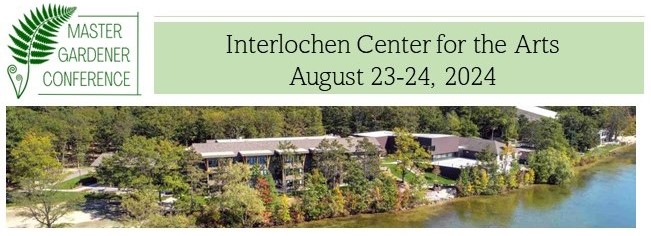
 Print
Print Email
Email